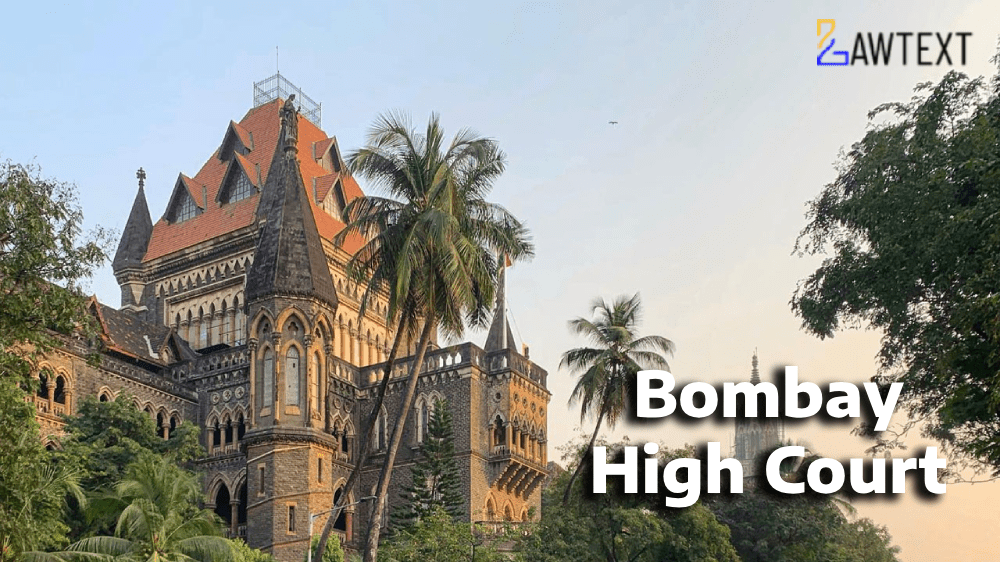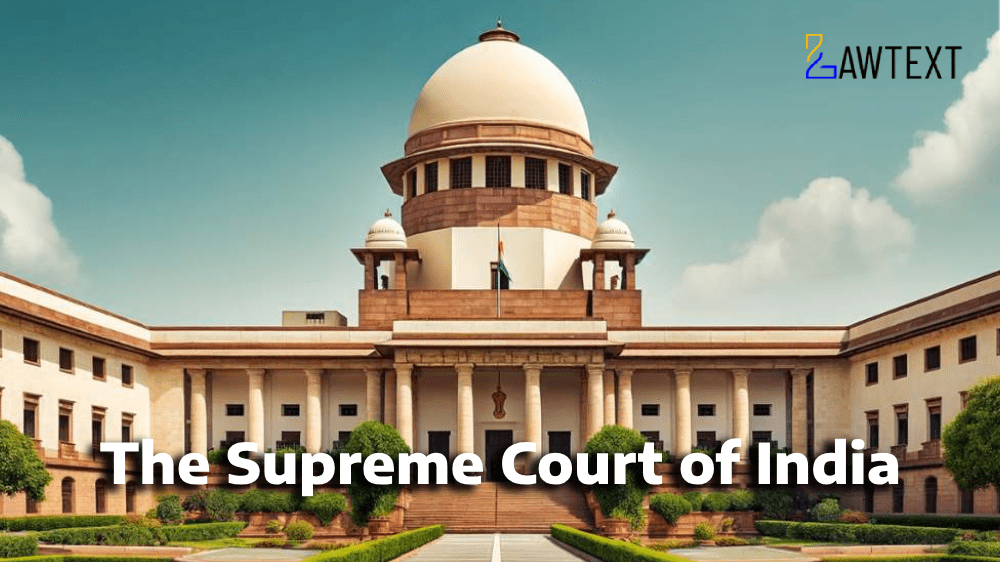Case Note & Summary
A legal order from a commercial court addressing an application filed by the State Bank of India (SBI) to reject a plaint under Order VII Rule 11 of the Code of Civil Procedure, 1908 (CPC). The plaintiff, a statutory board under the Maharashtra Mathadi, Hamal and other Manual Workers (Regulation of Employment and Welfare) Act, 1969, filed a suit against SBI to recover Rs. 36,00,00,000/- plus interest, which were placed as fixed deposits but allegedly fraudulently withdrawn by a bank manager. The bank argued that the dispute, involving allegations of fraud and misappropriation, is not a commercial dispute under the Commercial Courts Act, 2015. The court, however, ruled that the dispute is a commercial one arising out of an ordinary banking transaction and dismissed the application.
Introduction Application by Defendant: SBI filed an interim application under Order VII Rule 11 of CPC to reject/return the plaint. Grounds for Application: The application claimed the suit is barred under law and cannot be tried under the Commercial Courts Act, 2015. Defendant's Submissions Counsel for SBI: Mr. Shetye argued the suit involves allegations of fraud and misappropriation, thus not a commercial transaction under the Commercial Courts Act. Nature of Suit: Suit was filed to recover Rs. 36,00,00,000/- with interest, alleged to have been fraudulently withdrawn by the bank's manager. Definition of Commercial Disputes: Mr. Shetye contended the alleged fraud does not qualify as a commercial dispute under Section 2(1)(c) of the Commercial Courts Act. Plaintiff's Response Plaintiff's Counsel: Mr. Naidu opposed the application, asserting the board's statutory status and the nature of the fixed deposit transaction. Background of Plaintiff: The plaintiff is a statutory body managing funds from registered employers and investing them in nationalized banks as per a government scheme. Fixed Deposit Transactions: The plaintiff invested funds in SBI following the bank's communicated interest rates and placed fixed deposits totaling Rs. 45,00,00,000/-. Incident and Subsequent Actions Verification of Fixed Deposits: Regular verifications were conducted by the plaintiff. Discovery of Fraud: In May 2019, the plaintiff discovered that Rs. 36,00,00,000/- had been fraudulently withdrawn. Police Complaint: A complaint was lodged with the Economic Offences Wing, Mumbai, against the bank manager. Further Actions: Plaintiff sought premature withdrawal of remaining fixed deposits, filed RTI applications, and sent multiple letters to SBI. Legal Contentions Liability of Bank: Mr. Naidu argued the fixed deposits represent an implied contract, making SBI liable for repayment with interest. Distinguishing Previous Case: The plaintiff's counsel distinguished this case from IHHR Hospitality (Andhra) Pvt. Ltd. vs. Seema Swami, arguing the present suit involves a direct claim against the bank for recovery of fixed deposits. Court's Analysis and Decision Nature of Dispute: The court considered the dispute as a commercial one arising from ordinary banking transactions. Cause of Action: The cause of action is the bank's failure to repay the fixed deposits despite legal notices and mediation efforts. Commercial Relationship: The court found the relationship between the plaintiff and the bank to be commercial, fitting the definition under the Commercial Courts Act. Ruling: The court dismissed the application, confirming the suit as a commercial dispute, allowing it to proceed under the Commercial Courts Act. Conclusion Application Dismissed: The interim application under Order VII Rule 11 of CPC stands dismissed.
Issue of Consideration: BOMBAY IRON AND STEEL LABOUR BOARD VERSUS. STATE BANK OF INDIA
Premium Content
The Issue of Consideration is only available to subscribed members.
Subscribe Now to access critical case issues







